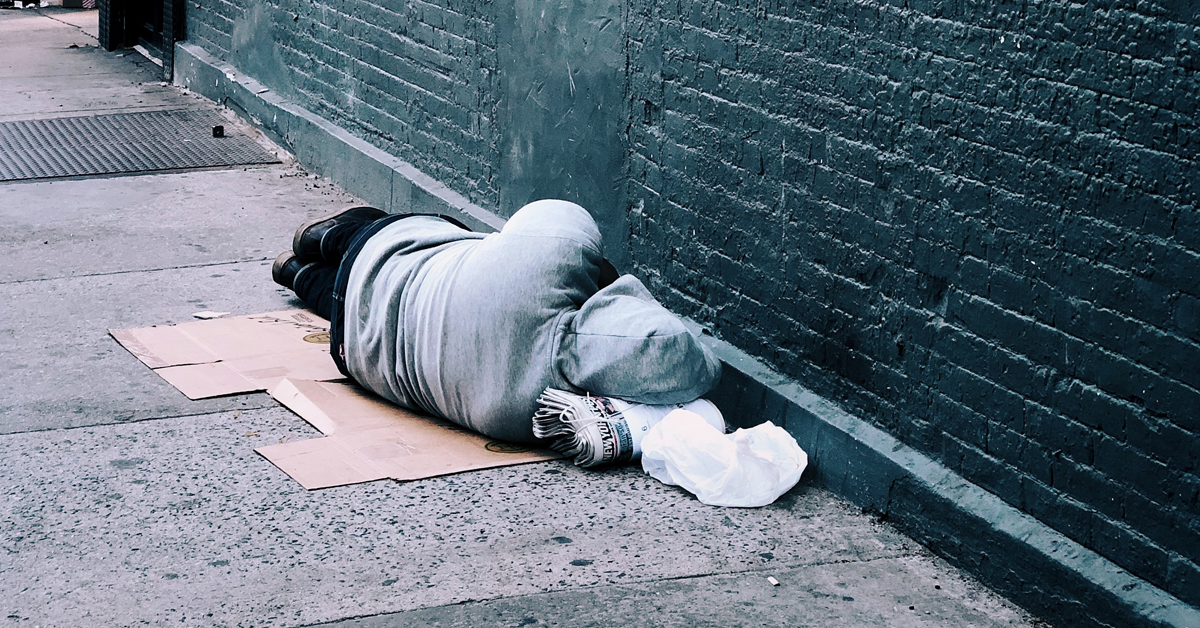Gov. Gavin Newsom’s court-led program to force mentally-ill homeless Californians off the streets and into treatment is coming under attack by a handful of activist groups.
Thursday, a trio of groups filed a petition with the California Supreme Court to block implementation of Community Assistance, Recovery and Empowerment (CARE) Courts via the CARE Act, designed, championed, and signed by Newsom last year.
The backstory: With few state-run mental health outposts across the Golden State and an arduous conservatorship structure, Newsom opted to press for a new court-directed route to remove mentally ill homeless residents from California streets.
- Under the CARE Act, family members, first responders, or county behavioral health professionals are able to seek court-ordered mental health services for someone with severe mental illness.
- Courts are able to order clinical evaluations and, once criteria are met, order them into a county-led behavioral health treatment, medication and housing regimen.
- Severe cases and noncompliance on behalf of the mentally-ill resident could result in conservatorship.
- The law was approved at the end of the 2022 legislative session and signed by Newsom, with implementation set for Oct. 1, 2023 in six counties (including Stanislaus and Tuolumne) and Dec. 1, 2024 in all other California counties.
The battle in the courts: Thursday, Disability Rights California, Western Center on Law & Poverty, and The Public Interest Law Project, filed a petition with the California Supreme Court challenging the law’s constitutionality.
- Activists contend that the law violates homeless residents’ due process and that the criteria are too vague to follow consistently.
- They add that homeless residents may be caught up in a CARE enforcement action despite the fact that they may not pose a danger or are considered “gravely disabled.”
What they’re saying: Neither activists nor Team Newsom are mincing words about the stakes tied to the legal challenges and the overarching homelessness crisis in the Golden State.
- “The CARE Act unnecessarily involves our court systems to force medical care and social services on people. We are opposed to this new system of coercion. The state’s resources should, instead, be directed at creating more affordable, permanent supportive housing and expanding our systems of care to allow everyone who needs help to quickly access them,” said Helen Tran, a senior attorney at the Western Center on Law and Poverty.
- “There’s nothing compassionate about allowing individuals with severe, untreated mental health and substance use disorders to suffer in our alleyways, in our criminal justice system, or worse — face death. While some groups want to delay progress with arguments in favor of the failing status quo, the rest of us are dealing with the cold, hard reality that something must urgently be done to address this crisis,” said Daniel Lopez, the governor’s deputy communications director told Politico.











